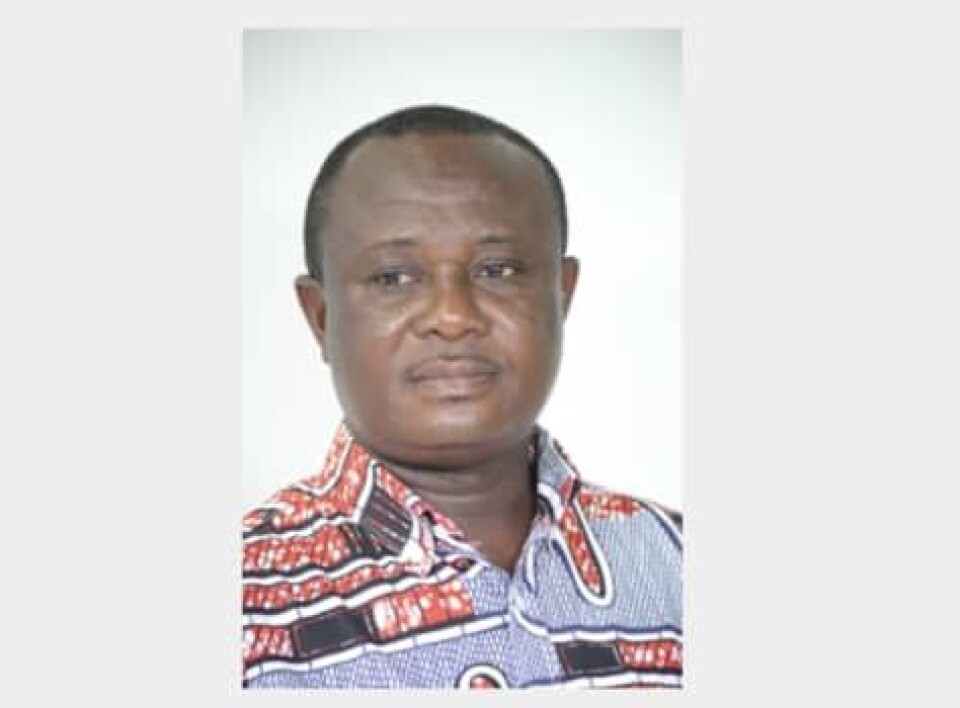Copyright : Re-publication of this article is authorised only in the following circumstances; the writer and Africa Legal are both recognised as the author and the website address www.africa-legal.com and original article link are back linked. Re-publication without both must be preauthorised by contacting editor@africa-legal.com
Deputy Speakers Keep Their Vote

In a landmark judgement, Ghana’s Supreme Court has unanimously decided that deputy speakers of Parliament can vote while presiding as speaker. Marian Ansah reports.
The suit, which was filed by a law lecturer, Justice Abdulai, was triggered by the First Deputy Speaker in Ghana’s Parliament, Joseph Osei Owusu’s decision to count himself while forming a quorum for a vote on Ghana’s 2022 budget statement and financial policy. Abdulai argued that the deputy speaker’s decision to count himself during the process contravened articles 102 and 104 of Ghana’s 1992 Constitution.
The judgement saw the court striking out article 109 (3) of Parliament’s Standing Order which requires a deputy speaker, or other members of parliament presiding over the House, to refrain from retaining their original vote.
The ruling has been met with mixed reactions. While members of the opposition, National Democratic Congress, have criticised the judgement, some government officials, including Ghana’s president, Nana Addo Dankwa Akufo-Addo, have welcomed the ruling.
Ghana’s former president, John Dramani Mahama, holds the opinion that the judgement was “an unfortunate interpretation for convenience that sets a dangerous precedent of judicial interference in Parliamentary procedure for the future”, but Akufo-Addo disagrees.
“As far as I can see, and I think the Supreme Court has confirmed it, the matters involved in this thing are open and shut. They are black and white. There can be no dispute about the issues the gentleman took to the Supreme Court,” said the president.
Owusu was also happy that the court ruled in his favour, pledging to continue to interpret the rules and laws based on his understanding. “Matters that have never arisen are now on the fore due to the numbers we have in Parliament. Anytime there is disagreement, as I have said before, I will interpret the rules and the laws as I understand it,” he said.
The Minority Leader in Parliament, Haruna Iddrisu also expressed reservations about the judgement, saying it only shows support for government’s plans to introduce a controversial tax – Electronic Transfer Levy. “The judiciary of Ghana is failing parliamentary democracy in their inability to appreciate the true meaning of Article 110 of the Constitution…This is judicial support for Nana Addo’s e-levy,” he said.
However, Ghana’s Attorney General, Godfred Dame, insists that the ruling “is in accordance with the practice in other jurisdictions around the world.”
“Nowhere in the constitution has any statement been made that whenever a deputy speaker presides, he loses his right to vote. All the circumstances under which a member of parliament loses his right to vote have actually been spelt out in Article 104,” Dame said.
For private legal practitioner Selorm Adonoo, the judgement brings clarity to some laws which are not in consonance with the Constitution. “The Supreme Court has done a judicial review that is looking at laws which are not in consonance with the constitution and striking those laws out. Clarity has been brought to this aspect of things,” he said. However, he was quick to add that Ghana’s hung parliament will have to deal with the nuances associated with the judgement.
To join Africa Legal's mailing list please click here
